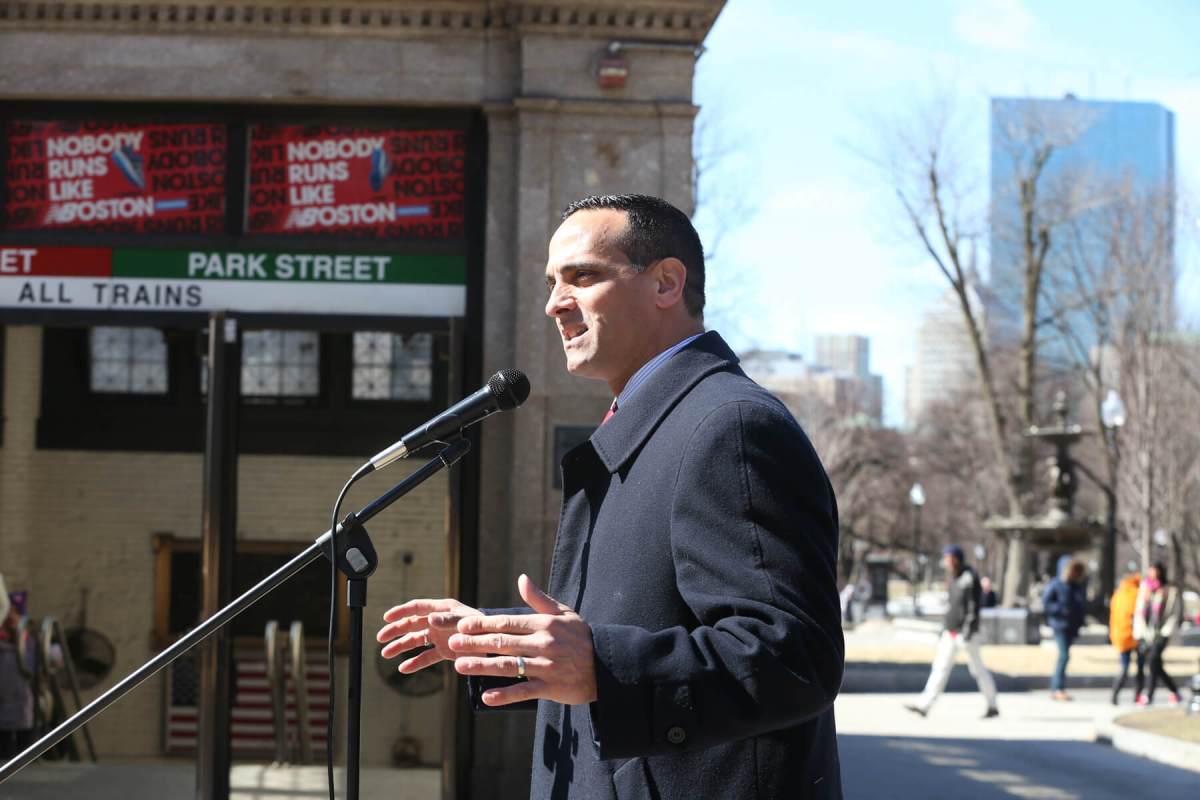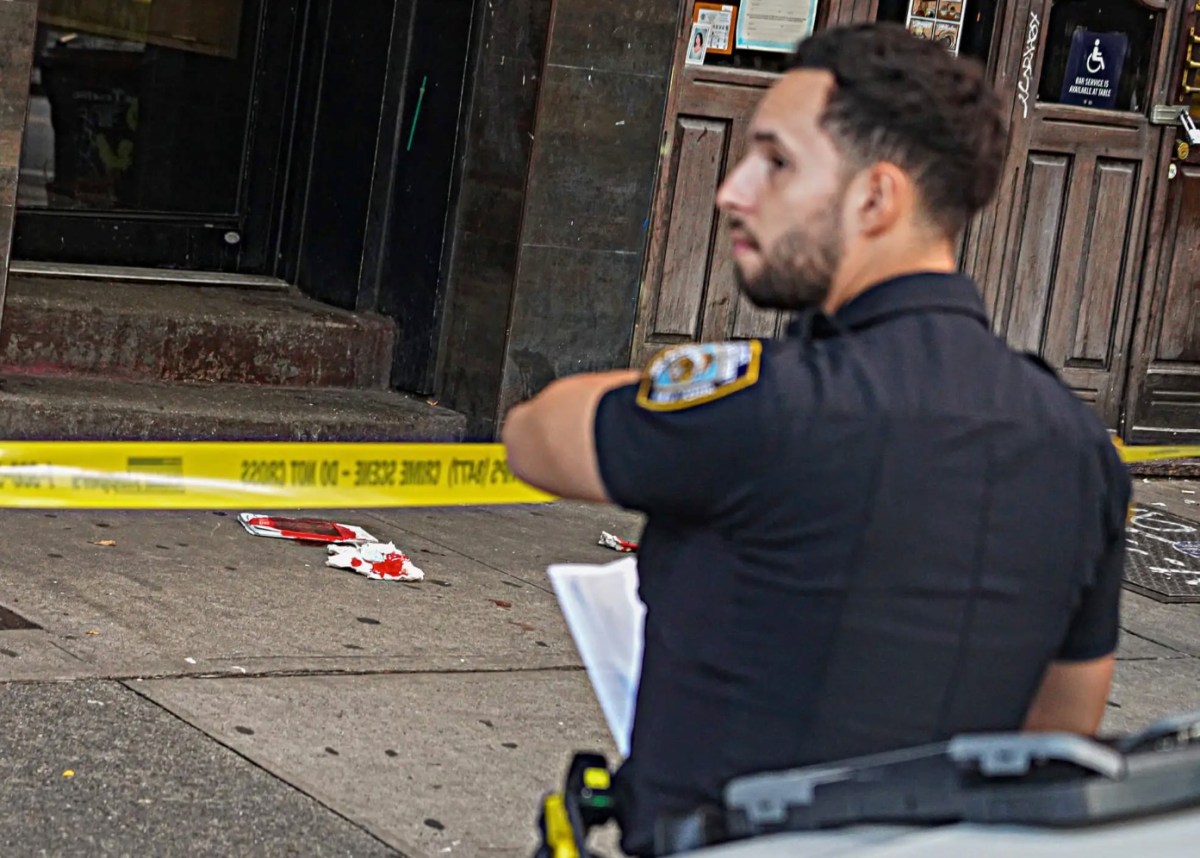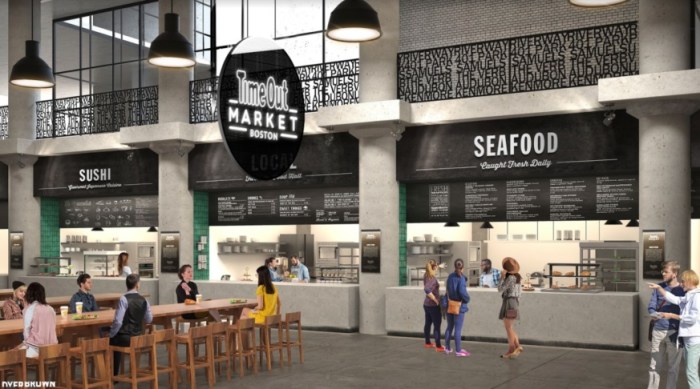A group of municipal and business leaders are pushing for more revenue for the embattled MBTA, saying more funding for the agency is needed to foster economic growth in the state.
The local luminaries gathered outside Park Street T stop on the common Tuesday to push for new funding. The group, which included hoteliers, local attorneys and the mayor of Somerville, said the state should explore new revenue streams including the possibility of expanded tolling, an increase to the gas tax, granting municipalities the authority to vote for new transportation revenue via a referendum. The collection of local leaders from various nonprofit and urban planning organizations were touting a newly published white paper called The Route to Growth, which encourages more investment into the MBTA and public transit expansion. “The metro region and the entire commonwealth depends on the MBTA,” said Somerville Mayor Joseph Curtatone.
Financially, the MBTA is a mess. The T has at least $6.7 billion worth of backlogged repairs and maintenance. This winter, the agency came under fire after historic snow and cold wreaked havoc on the T’s antiquated infrastructure and cars. Delays were commonplace. Commuter frustration was constant and palpable. The MBTA, according to the Urban Land Institute, will likely see an additional 367,000 riders per day by 2021. The increased demand for new housing in eastern Massachusetts – there may be a need for 435,000 new housing units by 2040 – means reliance on the MBTA will continue to increase. Douglas McGarrah, the vice chairman of business associated for A Better City, a nonprofit consortium of business leaders that focuses on transportation, land development and public infrastructure, said Gov. Charlie Baker’s special commission examining the T should make “radical reforms” to public transportation in the state. He declined to detail what such reforms would look like. “We know that policy makers across state government consider a strong economy to be a top priority,” he said. “We are hopeful that they see this commitment to economic growth is linked to a reliable public transit system.” The group thought any potential moratorium on expanding the MBTA was misguided, as it would curtail job creation and economic growth. The current system is insufficient to meet the economic needs of the city and state, according to the group. “We are alarmed when we hear talk about freezing funding for the MBTA or putting a moratorium on expansion,” said Thomas Hynes, the CEO of Colliers International Boston and founding member of A Better City’s executive committee. “If we hit the pause button on growing the MBTA to meet increasing demands, we wills tall the tremendous economic progress we’ve made in the last decade and reduce our ability to meet the region’s economic needs.”
Local leaders push for more T funding, expansion

Nicolaus Czarnecki/Metro


















